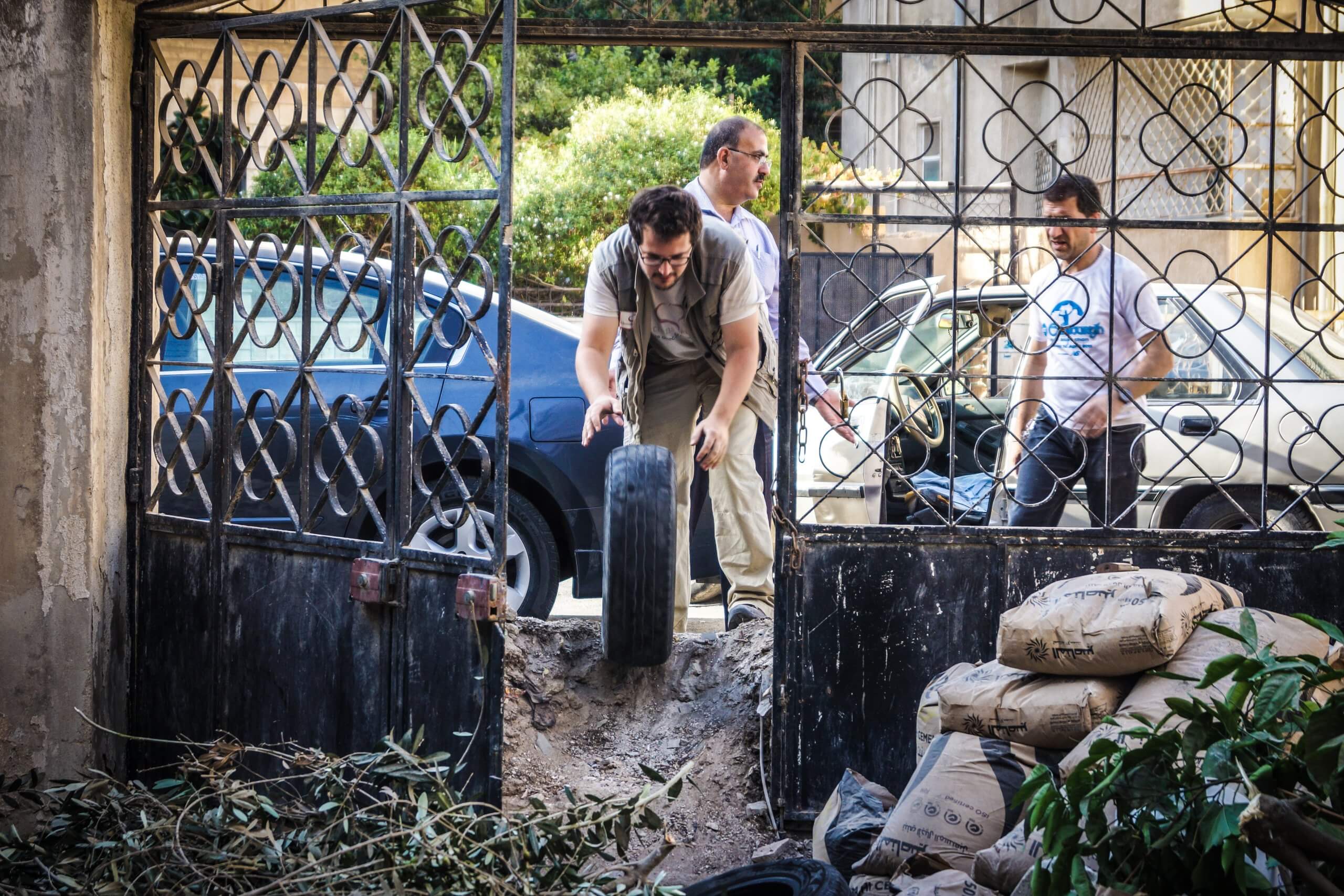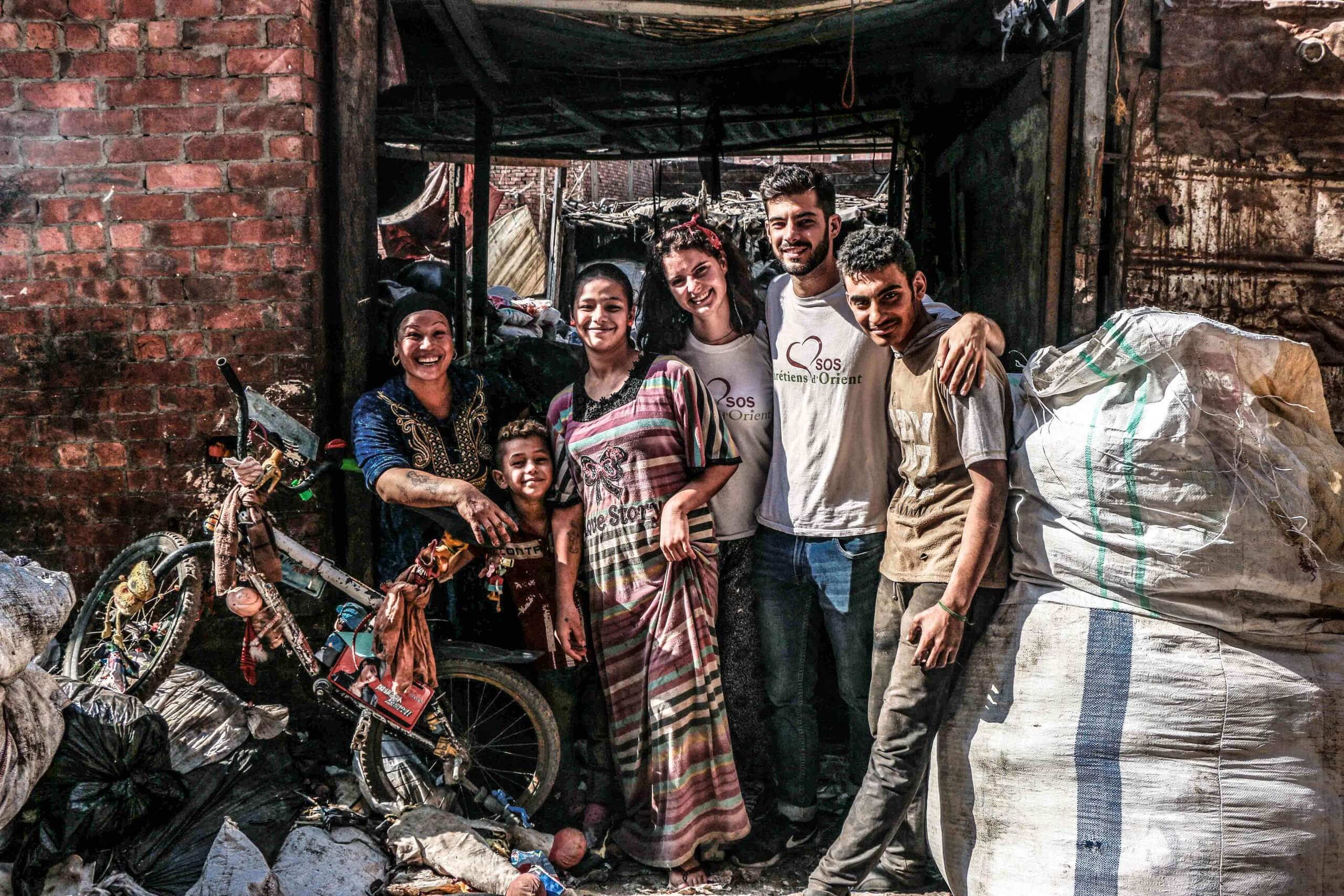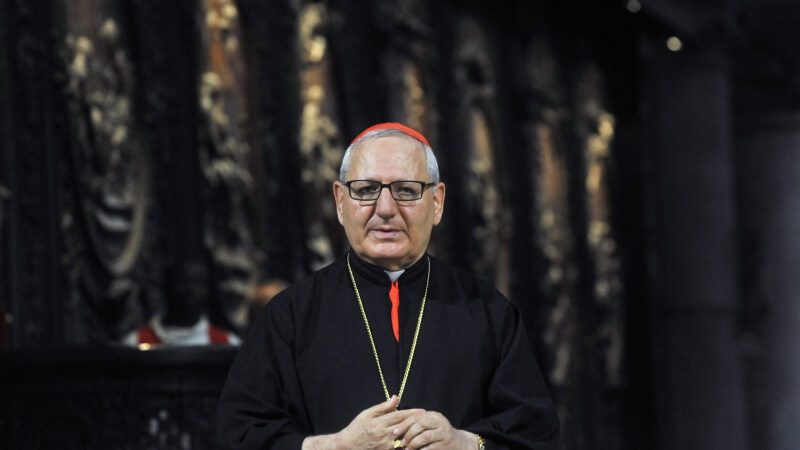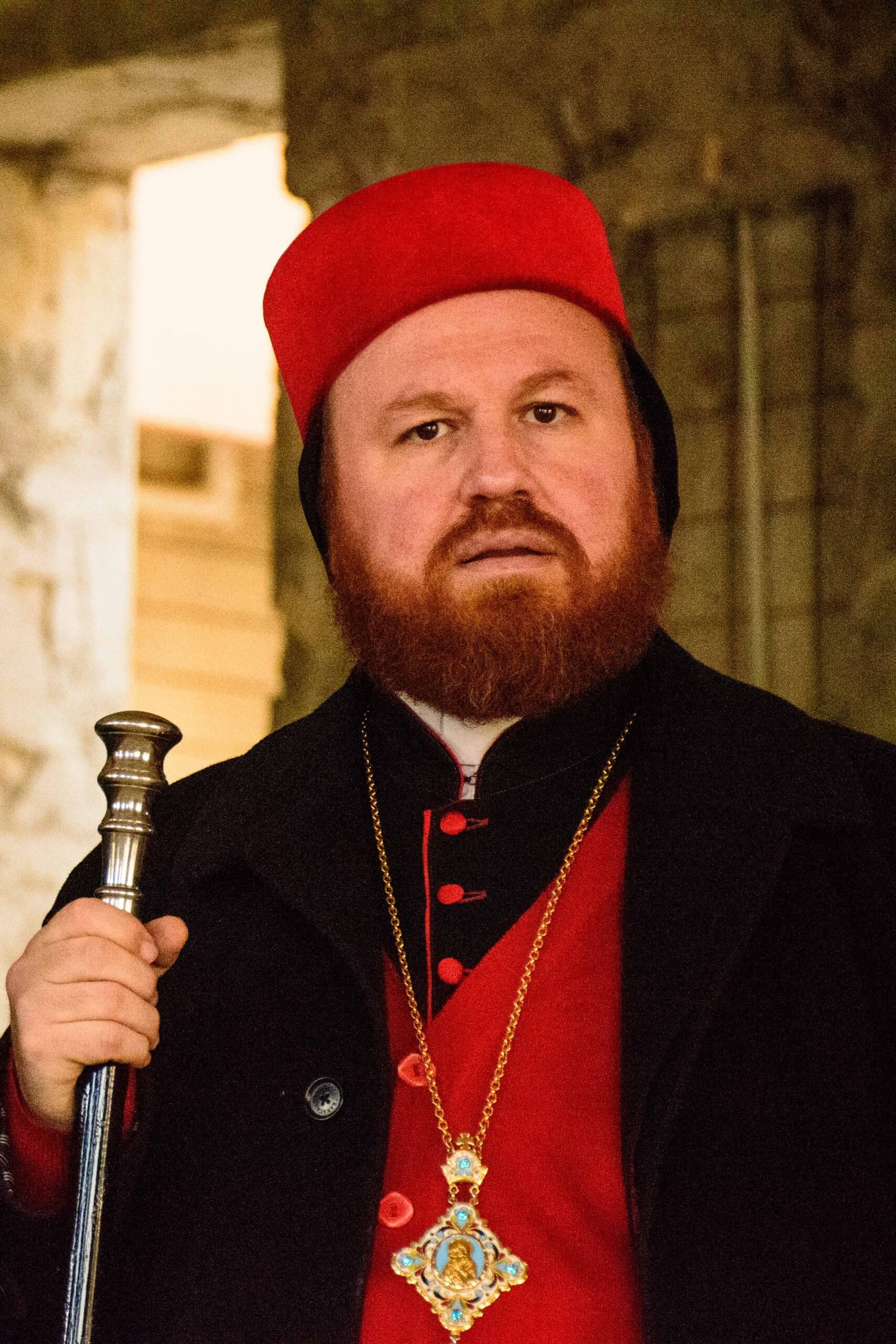Find out about the geopolitical and humanitarian situation in our mission countries through our articles and testimonies from the field.
SOS Chrétiens d’Orient is present in eight countries where Christian minorities are persecuted, discriminated against or even threatened with extinction. The association has created an original model based on a permanent presence among the populations. Since its creation, 2,500 volunteers have been deployed in the mission countries to provide material aid and moral support to the poorest families.
In a hundred or so towns and villages in the East, the association is directly involved in the field and manages all projects in cooperation with local partners in order to guarantee the proper use of the funds provided by all its donors.

Providing emergency aid to Iraqi Christian refugees in Amman and Jordanian Christians.
Find out more >
Helping the poorest families of garbage collectors, the descendants of the first Christians.
Find out more >SOS Chrétiens d’Orient responds to moral and material distress with concrete action. The association intervenes in six main areas and, in the event of a crisis, rapidly mobilises teams to help the most vulnerable.
Rejoignez-nous le 25 octobre à 19h30 à Saint Roch pour prier pour les chrétiens du Liabn et de Terre Sainte
...
Projection du film "Si le vent tombe", soirée caritative pour l'Arménie avec Michel Onfray
Le 12 septembre 2024 sera célébrée à Saint-Eugène-Sainte-Cécile une messe d'action de grâce, par le père Augustin-Marie Aubry
The Middle East saw the birth of the first disciples of Christ. In Jerusalem, Antioch and Damascus, the original Christian communities were formed, with their specific traditions, languages, cultures and faiths.
Thus, by Christians of the East we mean the faithful of the Churches of the Patriarchates of Alexandria (Copts), Antioch (Syriacs, Armenians, Maronites and Assyro-Chaldeans), to which are added the Greek-Melkite Catholics of the Middle East.
The Churches of the East thus form a plural and fragmented mosaic, resulting as much from theological disagreements on the nature of Christ as from political quarrels and even from translation errors.
Today, these Churches profess in unison one true God and true man.



Et quoniam mirari posse quosdam peregrinos existimo haec lecturos forsitan, si contigerit, quamobrem cum oratio ad ea monstranda deflexerit quae ...